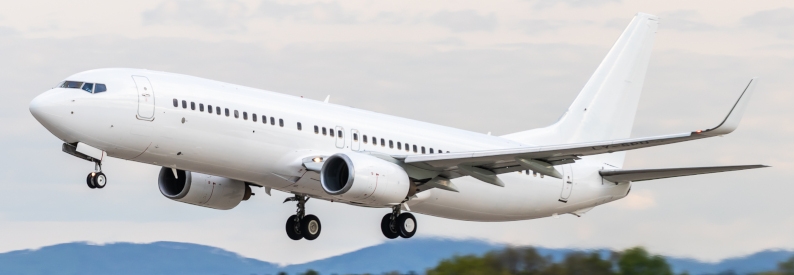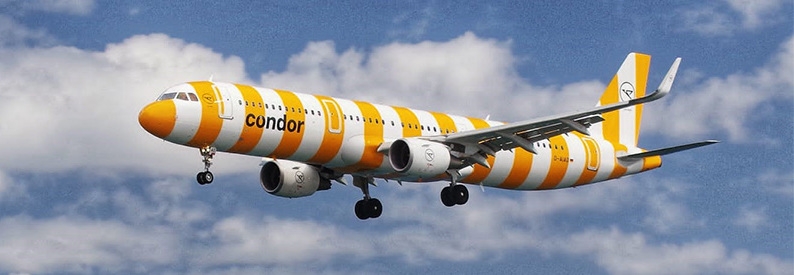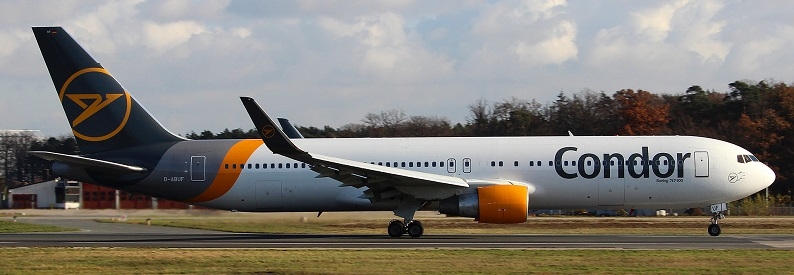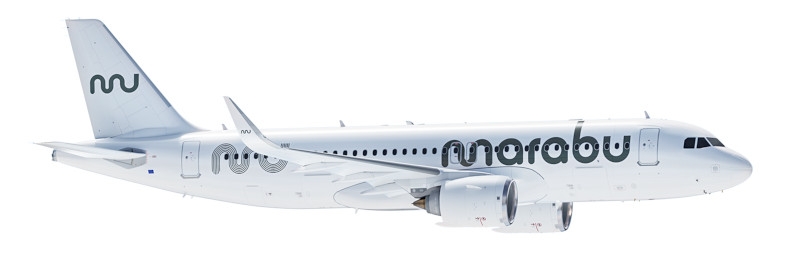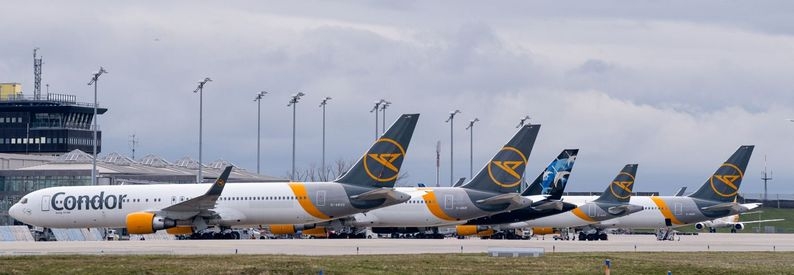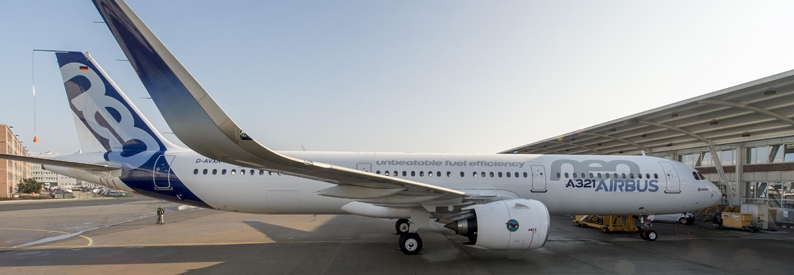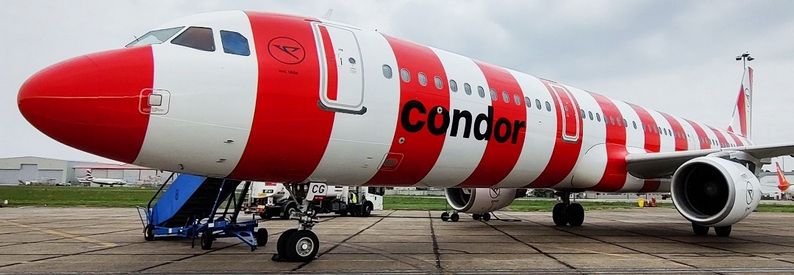Ryanair (FR, Dublin International) has lost its legal challenge against a 2019 German government bailout of charter carrier Condor (DE, Frankfurt International), as the Luxembourg-based General Court of the European Union found in a ruling that the aid had been legitimate.
The German federal government and the State of Hessen pledged a six-month bridging loan to Condor in September 2019, shortly after its parent Thomas Cook Group declared bankruptcy. The European Commission approved the idea the following month. Ryanair won a first challenge against the EUR550 million euro (USD670 million) state aid at the General Court in June 2021 - only for Brussels to re-approve it in July after a brief investigation.
On May 18, the court “dismissed the action in its entirety” as it said Ryanair had “failed to demonstrate the existence of doubts as to the compatibility of the notified aid measure.” This was because “the applicant did not succeed in rebutting the commission’s findings that Condor’s difficulties were the result mainly of Thomas Cook Group being placed into liquidation and not of an arbitrary allocation of costs within the group.”
Ryanair did not succeed in demonstrating any wrongdoing in a cash-pooling system the group had used between its subsidiaries for years, nor did it prove that Condor’s difficulties could have been dealt with by the group itself, the court said.
The court also rejected Ryanair’s complaint alleging that the European Commission should have had doubts the aid met requirements that a bankruptcy would involve serious social hardship or severe market failure, pointing to, for example, the probability of immediate repatriation for up to 300,000 Condor passengers across 50 to 150 different destinations.
Finally, the General Court rejected as unfounded the applicant’s complaint that the commission had carried out an incomplete and insufficient examination of the conditions for the rescue aid.
Ryanair and Condor did not immediately respond to ch-aviation’s request for comment.
Condor operated a fleet of 54 aircraft before the outbreak of the Covid-19 pandemic. According to the ch-aviation fleets module, it currently operates 56, namely sixteen A320-200s (including two wet-leased from Bulgaria Air and one from Lithuania’s Heston Airlines), ten A321-200s, three A330-200s, thirteen B757-300s, and fourteen B767-300ERs. It also has sixteen A330-900s and two more A330-200s due for delivery.

